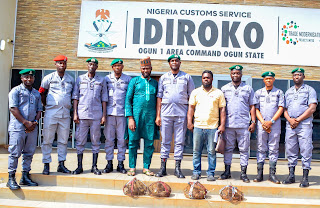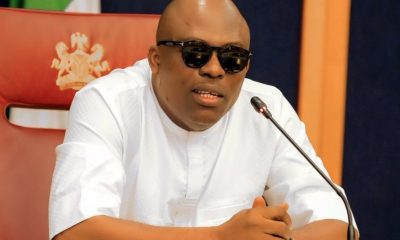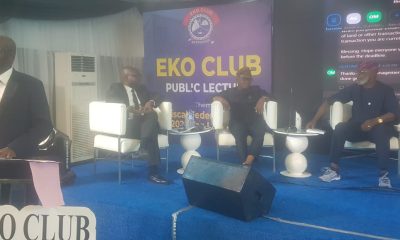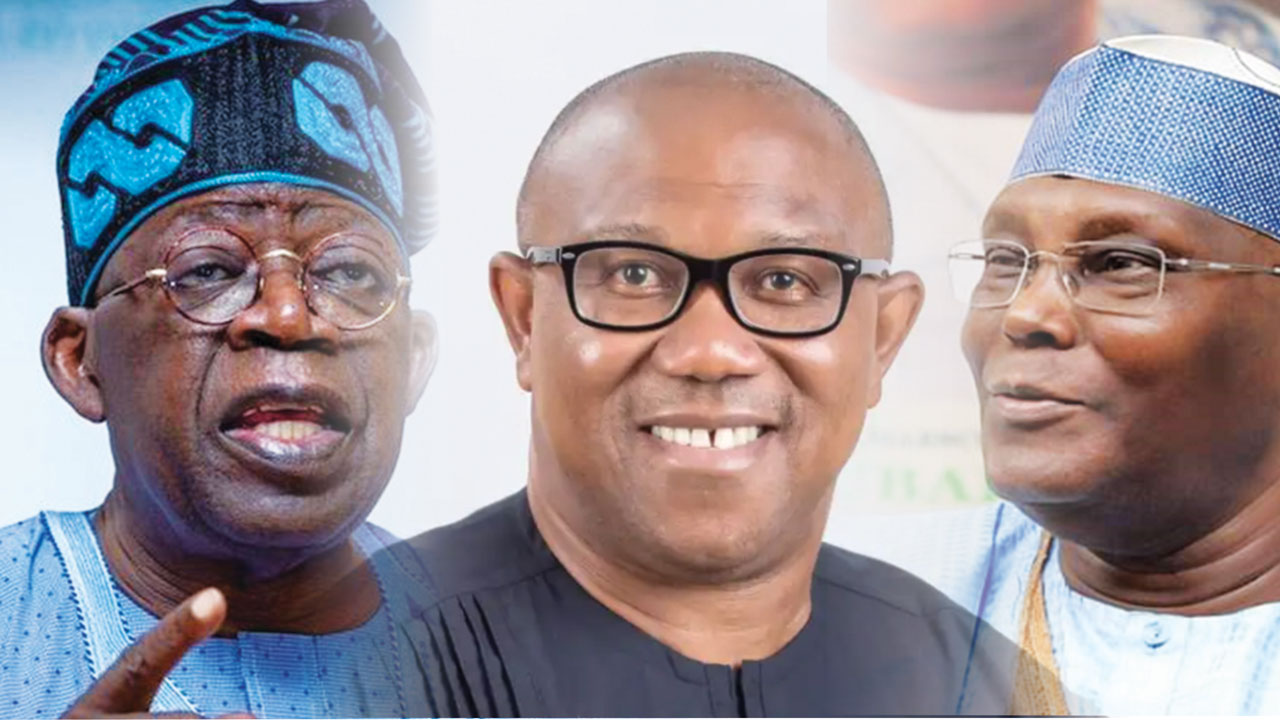An investigation by the British Broadcasting Corporation (BBC) on February 25 Nigeria’s presidential election has found evidence suggesting Peter Obi of the Labour Party may have won the presidential election in Rivers state in the February presidential polls.
The BBC investigation uncovered significant anomalies in Rivers State, a key battleground, saying there are also questions over the identity of an election official who read out some of the unexplained results.
“We added up the voting tally sheets from over 6,000 polling stations in Rivers State, where many of the opposition complaints had been made.
“While the official result in this state gave a clear majority to Bola Tinubu of the ruling All Progressives Congress (APC), our tally suggested that Peter Obi of the Labour Party (LP) had actually received most votes in the state by a wide margin.
“We found an increase of just over 106,000 in Mr Tinubu’s vote in the official declaration when compared with our polling station tally – almost doubling his total in the state. In contrast, Mr Obi’s vote had fallen by over 50,000.
READ ALSO: Buhari acknowledges Supreme court judgment on Osun Gov election, mobilises support for Adeleke
“It’s important to make clear that although we searched through the election website for every single one of the 6,866 polling stations in Rivers state, we were not able to obtain results from all of them.
“In another 17%, there were no results at all. Many of these would have been places where no voting took place due to security issues or the non-arrival of voting materials. Others had technical problems preventing officials from uploading the documents.
The BBC report added that the first major discrepancy was the Oyigbo local government area, where “we found: the vote for Bola Tinubu was six times larger in the officially announced results compared with the BBC’s polling station count.
Peter Obi’s votes had been cut in half. The second local government area where we found major discrepancies was in nearby Obio/Akpor: The official result for Mr Tinubu was 80,239 votes, but we counted just 17,293 votes from polling station tallies.”
“The count for Mr Obi was announced officially as just 3,829 votes, but the BBC counted 74,033 votes for him on the tally sheets. So how did these differences occur? As explained earlier, all the polling station sheets are collated at local government (LGA) headquarters.
“We found an official election document with these collated votes for the Oyigbo area, signed by an election official and some of the party agents. Several different photographs had been taken of it and uploaded on social media accounts. The numbers in this document closely matched our own tallies for the two leading candidates (Obi and Tinubu).
READ ALSO: Peter Obi and the new APC republic
According to the BBC, “we asked the electoral commission if we could speak to Dr Ariaga, but they would not give us his details or reach out to him for us. We spoke to the election official seated next to Dr. Ariaga, but she told us she wasn’t authorised to talk to the press.
“So we sent a reporter to the Federal College of Education in Omoku, about two hours drive north of Port Harcourt, where he’d said he worked when introducing himself.”
The Deputy Provost Moses Ekpa told the BBC: “From our records, both from our payroll and from our human resources, there is no such a name in our system and we don’t know such a person.”
“We tried tracking him down on social media and eventually came across another Facebook account for someone in Port Harcourt, whose profile details had the name Dickson Ariaga.
“When we compared an image from this account to the television pictures of Dr. Ariaga using Amazon Recognition software, we achieved a match of 97.2%, indicating a very high probability they’re the same man.
“Dr Ariaga did not respond to messages sent by us to this account. By reaching out to his Facebook friends we did finally manage to speak to a man who said he was a relative, who was at first willing to help us but then didn’t return our calls.”
“We put these findings to Nigeria’s Independent National Electoral Commission (Inec). Johnson Sinikiem, INEC’s regional spokesman in Port Harcourt, told us that due to a “gross shortage of time and personnel” they had needed to take on some people without verifying their identity documents.”
“We also approached INEC’s headquarters in Abuja for a response to our findings of discrepancies in the results in Rivers State. We were told that they were unable to comment due to ongoing legal challenges.

 Agribusiness1 week ago
Agribusiness1 week ago
 News1 week ago
News1 week ago
 News1 week ago
News1 week ago
 Football5 days ago
Football5 days ago
 Football1 week ago
Football1 week ago
 Football1 week ago
Football1 week ago
 Entertainment4 days ago
Entertainment4 days ago
 Football6 days ago
Football6 days ago

